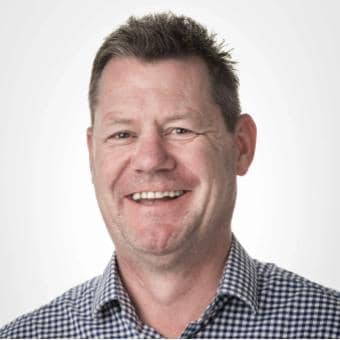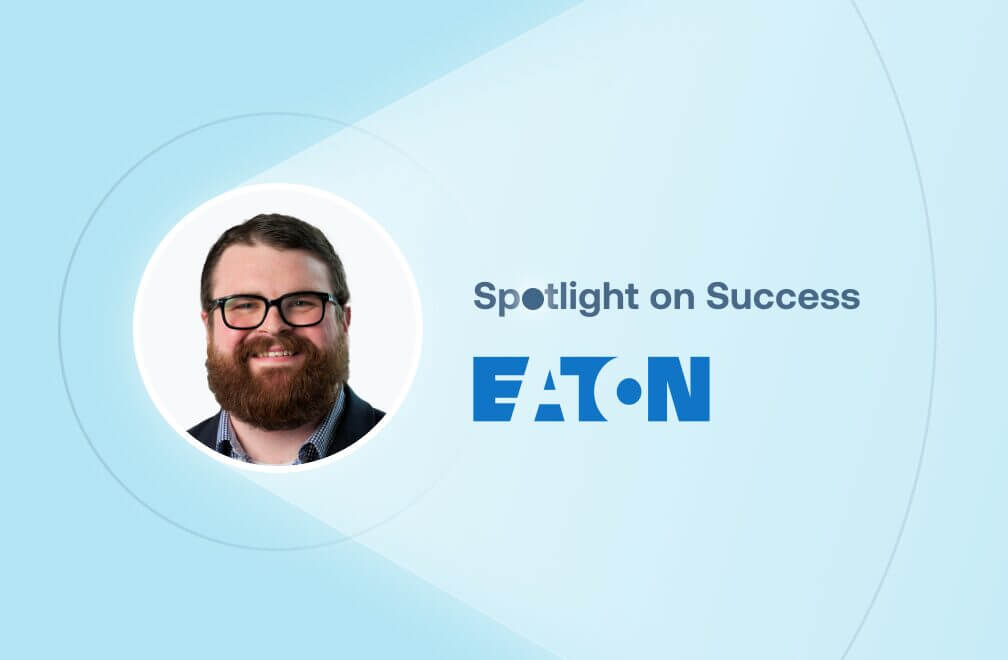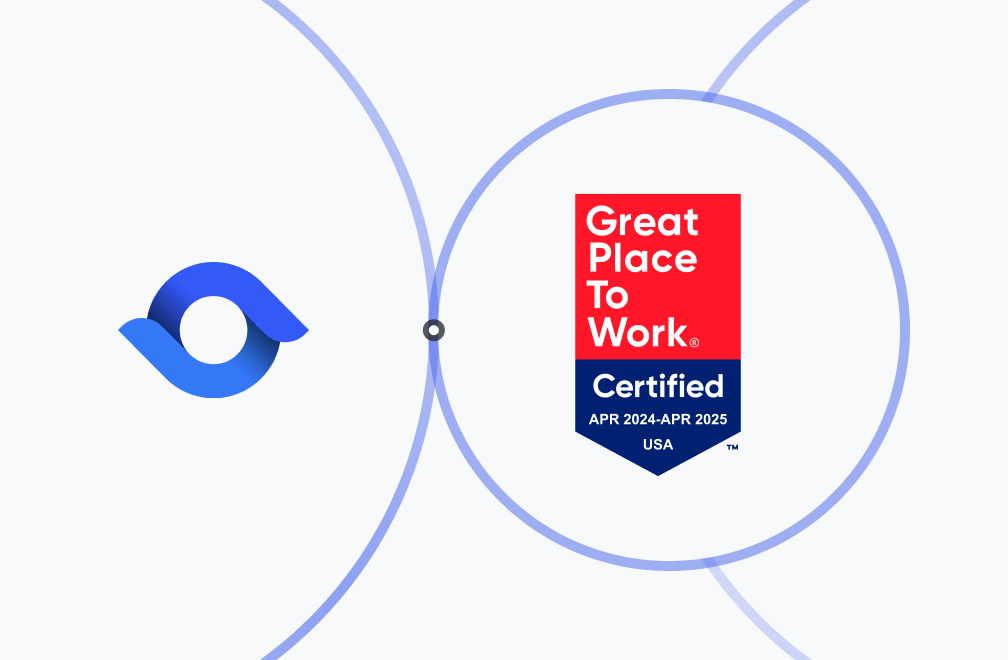The Power of Others: Networking for Internal Auditors

Networking has long been considered essential to success. Few can truly make it on their own. It is part of being in a profession, like a kind of continuous apprenticeship aided by the guidance, support, acceptance, and approval of your peers. If we want to get along, we must learn to “make friends and influence people.” After all, it’s not what you know but who you know.
However, for many of us networking may not come easily. But networking is such a powerful tool that it’s worth overcoming our reluctance and adopting a strategic approach. When you get comfortable with it and start enjoying the benefits, it will feel less like hard work.
Speaking personally, it is no exaggeration to say networking has had a profound impact on my career, none more so than when I became CEO of SWAP Internal Audit Services. I knew I wanted to make some big changes, and when two non-executive director positions opened up I recognised it as a golden opportunity. Having previously provided a recommendation for his book, Agents of Change, I had a connection with Richard Chambers and considered the difference he could make as a member of the board. I recognised we would benefit reputationally by association with such a well-known figure, and also knew that he would bring plenty of scrutiny and challenge — but that was exactly what I was looking for! I took a chance and invited Richard to join, and his commitment and input have had such a phenomenal impact. If you want to grow, you need smart people around you who will provoke change — and building your network is a surefire way to help you in that endeavor.
Networking can be a bridge to help you get to where you want to go in your career. In this article, I share some of my experiences and explain why I think networking is an indispensable skill. In addition to highlighting common challenges, I offer some concrete strategies for leveraging the power of others.
Overcoming Common Networking Challenges
So why aren’t we better at networking? I talked with members of my team to find out why we auditors sometimes find networking hard. Here are some of their comments and my reactions:
- I am not a fan of social media. Professional platforms like LinkedIn are quite different from the purely social kind. Content is pretty well regulated and you can control what you see. Your privacy is protected.
- I am uncomfortable networking with those who are more senior or experienced than me. You can be as active or passive as you choose. No one minds if you want to follow someone without contributing — in fact, those who post articles want followers.
- I am comfortable with the current state and stage of my career or I am simply too busy right now. Even if you are satisfied with your present position, in our profession we need to innovate just to keep up. Unfortunately, change is sometimes forced upon us and we should be ready. We are all busy but an investment of time in our networks is time well spent.
There was one additional common response: I don’t know how to network with strangers. This is a learned skill like any other in an auditor’s toolbox, and just as valuable! In the next section, I’ll share some of my approaches to networking in a variety of situations.

How To Network: Online, In Person, and With Mentorship
Networking can happen in an ad hoc manner through chance encounters and lucky breaks, but to harness its benefits, we really need to be more deliberate. In “How leaders create and use networks” the Harvard Business Review identifies different kinds of professional networks — operational, personal, and strategic — but in all cases making contacts, building and maintaining relationships, and cultivating our network requires a purposeful approach.
I’ll admit I came to networking somewhat late. LinkedIn was not available when I started, but I have come to rely on it for opening doors and expanding my understanding of the profession. It is only by actively engaging, rather than passively observing, that I truly came to appreciate LinkedIn’s potential. The sharing of thoughts, ideas, concepts, and innovation has been a huge source of inspiration. It also creates opportunities to take part in podcasts, discussions, and webinars — and in many ways to raise your confidence.
The circle of valuable associates I regard as colleagues and friends has exploded because of LinkedIn, though there are also lesser known, and in some cases more niche, alternatives like Ryze, Reddit, Xing, and 0 Degrees of Separation to explore.
Despite all the advantages of connecting remotely, networking is just as much about in-person engagement. I learnt from Covid that digital and in-person relationships are part of a continuum. There are many ways of describing the steps involved in networking, but the most important thing is not to leave it to chance. For example, Queensland Government, Australia, describes six steps:
- Decide what you want.
- Identify opportunities.
- Improve your engagement skills.
- Be prepared to “talk shop.”
- Exchange contact details.
- Keep in touch.
Connecting with new people at events can be nerve-wracking, but a little preparation can help. Find someone in your digital network who is also attending and arrange to meet up. Alternatively, pluck up courage during a break to talk to someone about an earlier session. The point about talking shop is we can feel it is impolite or boorish to talk about what we do — but that’s the whole point of networking!
A natural extension of networking is mentoring — both being a mentor and receiving mentorship from others. Sometimes connections naturally develop into a mentoring relationship. Some organisations — like SWAP — encourage this with internal and external partners. It is okay to ask someone you admire if they would act as a mentor for you. I currently mentor three people, two of whom are from SWAP and for the third I was approached by their manager. We meet online three or four times a year and discuss issues of importance to them. I am more than pleased to do this and derive much satisfaction from it. There is even a kind of organisational mentoring. We exchange ideas with other audit partnerships allowing us to learn from and benchmark against each other.
Paying It Forward
Networking is not just a one-way street. It is also our opportunity to give back to the profession and help those around us.
My advice is, whatever stage you are at, see networking as a crucial part of your career toolkit. Don’t leave it to chance, but nurture it carefully. Take insights from wherever you can get them — the beauty of the profession is that it is both truly global and wonderfully diverse. Connect, follow, and participate! To start, take a look at my profile on LinkedIn to see who I follow — these are people I consider thought leaders, who directly or indirectly have helped me and my career. Seek out individuals and groups with interests aligned with yours. Be part of the conversation. Your contributions will pay dividends.

David Hill is the CEO of SWAP Internal Audit Services based in the UK. David has nearly 40 years of audit experience, is currently Chair of the Local Authority Chief Audit Network, and is a former member of the Global Guidance Committee. Connect with David on LinkedIn.


